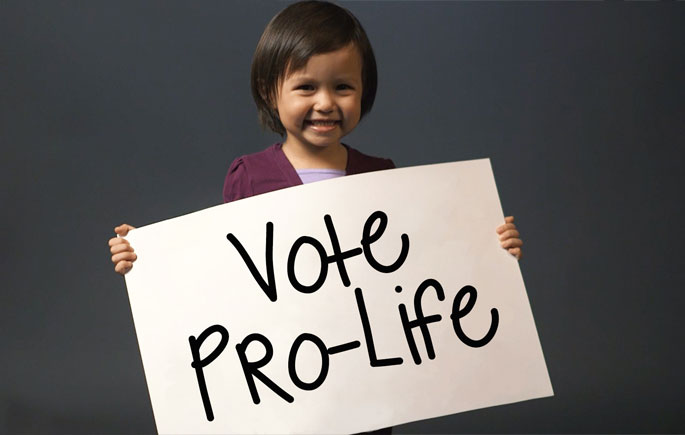In the wake of President-elect Donald Trump’s historic electoral victory earlier this month, media pundits and talking heads have focused on his significant gains among traditionally-Democratic voting blocs, such as young voters and both black and Hispanic men; but a new study is suggesting that it was Christian voters who were the decisive factor in Trump’s win. George Barna, senior research fellow for the Center for Biblical Worldview at Family Research Council and director of the Cultural Research Center at Arizona Christian University, published his post-election report last week, demonstrating that Christian voters “made the difference in the race.”
Prior to the election, Barna had anticipated that voter turnout among Christians would be low, with as many as 40 million Christians simply choosing not to vote. While Christians did vote in fewer numbers than they did in 2020, Barna noted that the “potentially devastating impact for the Trump campaign was blunted by the even lower levels of turnout among the Harris campaign’s target segments.” Overall, 56% of self-identified Christians voted in 2024, which Barna pointed out “was barely higher than the involvement among people aligned with non-Christian faiths (53%), but significantly higher than among voting-age Americans who have no religious faith (48%).” Interestingly, Catholic voters and Christians with a biblical worldview both outperformed their 2020 turnout by three points.
“Trump was a heavy favorite among most of the three dozen Christian segments studied by the Cultural Research Center survey. The former president received a landslide 56% to 43% margin of victory among all self-identified Christians,” Barna observed. He added, “Among the approximately 75 million votes Trump garnered in the election, more than three-quarters of them — 78% — came from the Christian community.” Barna also noted that Trump’s Democratic opponent, Vice President Kamala Harris, scored low among almost all Christian denominations and demographics, with the exception of “mainline and traditionally black Protestant congregations.” Overall, less than two thirds of Harris’s votes came from Christians.
The majority of Christian voters also identified their religious beliefs, the differing party platforms, and the insight of their family as the biggest impacts on their choice of candidates. “Consistent with the patterns established, Trump voters were twice as likely as Harris voters to identify their religious faith as a major influence on their candidate of choice (30% vs. 14%, respectively),” Barna noted.
In comments to The Washington Stand, Joseph Backholm, senior fellow for Biblical Worldview at FRC, explained, “Religion gives people a worldview which, among other things, gives people a way to understand what’s wrong with the world and what the solution is. Elections are one way people indicate their understanding of what’s wrong and what we need to do to fix it.” Pointing to Barna’s study, he continued, “This survey is evidence that Christians think about these questions differently than people of other faiths or no religion at all, which really shouldn’t be surprising. If anything, it might be surprising that Christians aren’t more different, but elections never offer perfect choices, and this election was more complicated than others.” Backholm added, “Christians were always going to be a significant part of this election either through what we did or did not do. In this case, tens of millions of Christians evaluated an admittedly tricky choice and reached the same conclusion, and as Robert Frost would say, that has made all the difference.” […]
— Read More: www.lifenews.com
What Would You Do If Pharmacies Couldn’t Provide You With Crucial Medications or Antibiotics?
The medication supply chain from China and India is more fragile than ever since Covid. The US is not equipped to handle our pharmaceutical needs. We’ve already seen shortages with antibiotics and other medications in recent months and pharmaceutical challenges are becoming more frequent today.
Our partners at Jase Medical offer a simple solution for Americans to be prepared in case things go south. Their “Jase Case” gives Americans emergency antibiotics they can store away while their “Jase Daily” offers a wide array of prescription drugs to treat the ailments most common to Americans.
They do this through a process that embraces medical freedom. Their secure online form allows board-certified physicians to prescribe the needed drugs. They are then delivered directly to the customer from their pharmacy network. The physicians are available to answer treatment related questions.



